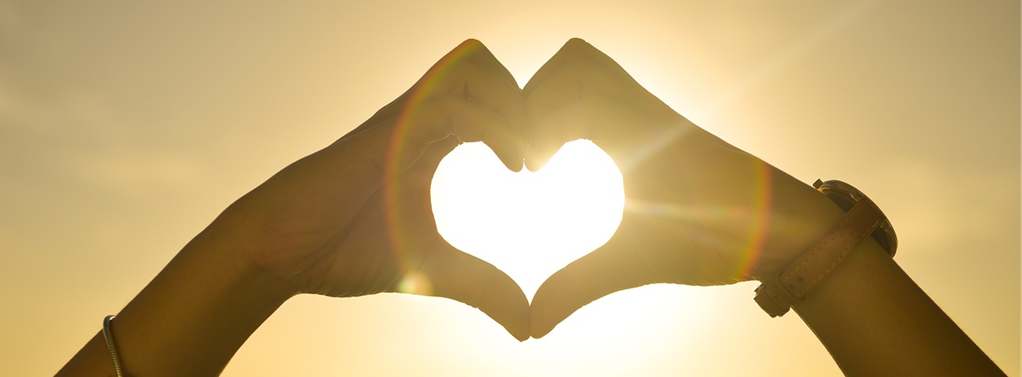The scale of the disasters in the world over these last few months is hard to comprehend. Most recently, there has been an earthquake in Morocco and floods in Libya, but there have been so many fires, floods, and disasters reported that we can become indifferent or numb to the figures.
Studies have shown that we not only become numb as the number of people affected by a disaster increases, but our compassion can fade or even collapse.
Emotional numbing is an internal protective mechanism, and it can kick in when we are dealing with a lot of personal stress, grief, or heartbreak, as well as when we are confronted by the scale of the suffering in the world. We all have times when we feel more or less engaged with life, or times when we are excited or pessimistic about the future. However, if we find ourselves becoming consistently numb to the world around us, it affects our work, our relationships, and our whole lives.
The challenge is that numbness can extend to positive emotions as well. As Brene Brown writes:
We cannot selectively numb emotion. If we numb the dark, we numb the light. If we take the edge off pain and discomfort, we are, by default, taking the edge off joy, love, belonging, and the other emotions that give meaning to our lives.
In addition to being numb to the suffering around us, we can also become numb to the good things.
What works for bringing our emotions back to life will vary from person to person, and sometimes we need professional help. But a couple of things that I’ve found helpful are in the gratitude exercises recommended by the Living Well course…
1. Take time at the end of every day, write down three things that you are grateful for.
2. And (if you want to take it up a level) think about someone who is/was influential/important in your life, write down why they are so important, and why you are grateful for them… then go and read what you’ve written to that person. It will have a massive impact both for them and for you.
Gratitude is also the main theme of the many harvest services and celebrations at this time of year. Too often, we can take the things we have for granted, and we can’t be grateful for things that we believe we’re entitled to. The harvest celebrations are a reminder to be grateful for what we have.
Remembering those things and people that we are thankful for is a great way to wake up our positive emotions, and they, in turn, can help to reawaken our compassion for others and inspire us to want to do what we can to help.
My prayer is that as our hearts are moved in gratitude for what we have, they will also be moved with compassion for those in need. And that we would be inspired to want to make a difference.
We may not feel we can do much, but as Paul Shane Spear once said, ‘As one person, I cannot change the world, but I can change the world of one person.’
Rev Barry Jackson




